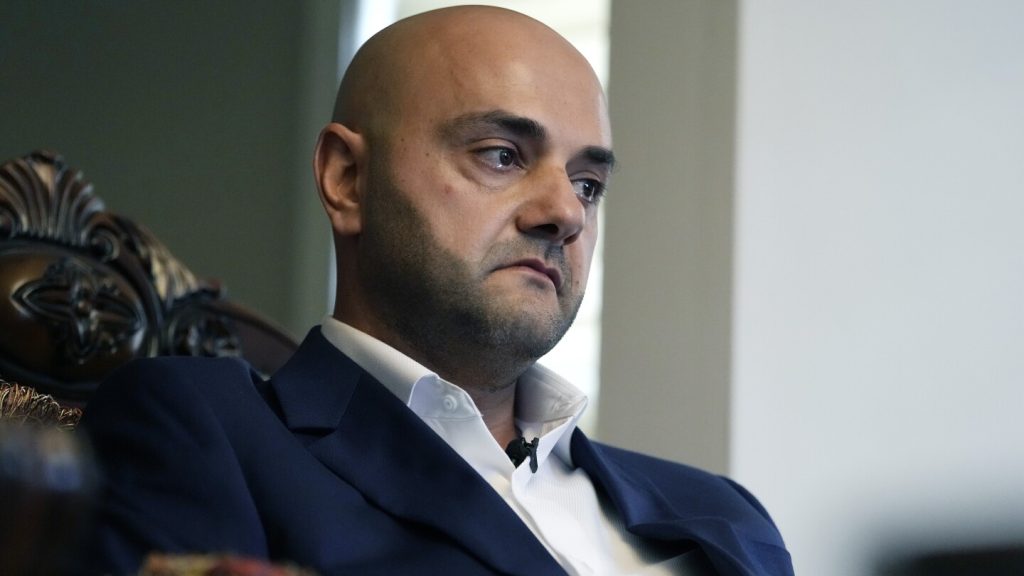In a Lebanese restaurant near Detroit, tensions were high as Arab American community members expressed their disappointment with Kamala Harris regarding the war in Gaza. Despite efforts by Harris’ campaign to engage with Arab and Muslim communities, many are struggling to support her due to U.S. support for Israel, which they view as complicit in the deaths of Palestinians. The complex situation was highlighted at a campaign rally in Ann Arbor, where pro-Palestinian protesters interrupted Harris’ speech, showcasing the divide within the community.
The Detroit area, home to the largest concentration of Arab Americans in the country, could play a significant role in determining the outcome of the presidential election. The dilemma facing community members is whether to punish Harris for her perceived complicity in the Gaza conflict or to risk a return of discrimination under a Trump presidency. With some Arab American leaders endorsing Trump, the community is divided on who to support in the upcoming election.
Harris has faced criticism for not proposing concrete changes to U.S. policy toward Israel or the war in Gaza, leading to skepticism among some Arab American voters. While Trump has garnered support from some Muslims in the area by promising to end endless wars and highlighting his role in the Abraham Accords, many Arab American leaders remain negative towards him, citing his past discriminatory remarks and policies towards Muslims.
Despite facing backlash for his endorsement of Harris, Assad Turfe, a Lebanese American leader in Michigan, believes that supporting Harris is crucial to prevent a return to a Trump presidency that opened old wounds for the Arab American community. Turfe’s personal experiences, including the detention of his wife by immigration agents and the death of his grandmothers in Lebanon, have motivated his decision to endorse Harris. Turfe’s endorsement has highlighted the division within the Arab American community as some question his support for a candidate whose policies they disagree with.
Harris has made efforts to engage with Arab Americans, acknowledging the challenges in Gaza and expressing pride in the support from Muslim leaders like Turfe. However, her campaign has not made significant changes to its approach to the conflict, leaving some community members undecided on whether to support her. Progressive Democrats like U.S. Rep. Ro Khanna have urged Arab American voters to consider the importance of having representation at the table, even if they have disagreements with a candidate like Harris.
As the presidential election approaches, the Arab American community in Michigan is grappling with complex political decisions. The divide between supporting Harris to have a voice in policy decisions or rejecting her for perceived complicity in the Gaza conflict reflects the challenges faced by a community seeking representation and recognition in the political sphere. With tensions running high and the stakes high for both sides, Arab American voters in Michigan are facing a decision that could have a lasting impact on their community’s future.


